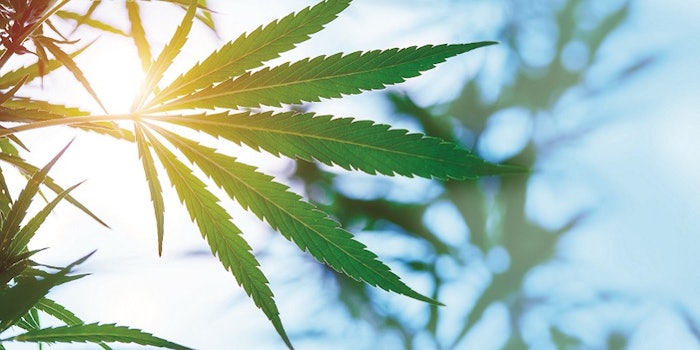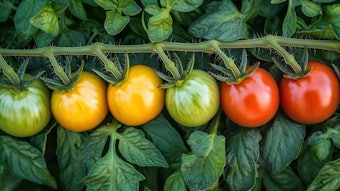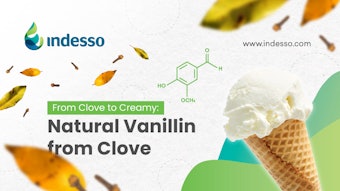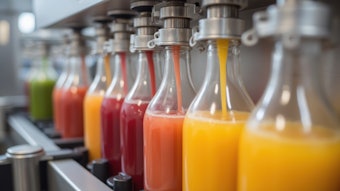
The burgeoning legal cannabis industry in America has given rise to dramatically increased incorporation of CBD into food and beverage products. Despite the growing ubiquity of CBD, questions regarding the legality of this compound and its use in consumables persist. This article provides a general overview of the background, current legal status and path forward regarding use of CBD in products intended for human consumption and includes a brief overview of the latest developments regarding U.S. Food and Drug Administration (FDA) action regarding CBD.
What Is CBD?
A discussion of CBD begins with a discussion of cannabis. Cannabis includes both marijuana and hemp, and both produce flowers containing CBD (or cannabidiol). Though a cousin to THC (delta-9-tetrahydrocannabinol), the compound that produces the high that cannabis is known for, CBD is non-psychoactive and does not induce any sensation of intoxication in users. At the same time, the therapeutic effects of CBD are well documented. This combination of non-intoxication and potency has led to the current proliferation of CBD products used to relieve symptoms of various illnesses and conditions (including epilepsy, PTSD, nausea, arthritis and insomnia) and as a general health and wellness component of consumer items such as beauty products and foods.
Is CBD Legal?
It is important to reiterate that CBD is derived from cannabis. For decades, cannabis has been classified as a federally illegal “Schedule I” substance together with heroin, LSD and cocaine under the federal Controlled Substances Act of 1970 (CSA). As such, it is a violation of federal law to use, possess or sell cannabis (including marijuana and hemp) and its derivatives, (including THC and CBD). However, the federal 2014 Agriculture Improvement Act (“2014 Farm Bill”) allowed institutions of higher education and state agriculture departments to grow “industrial hemp,” a variety of cannabis containing no more than 0.3% percent THC on a dry weight basis, for research purposes. Notwithstanding this authorization, certain aspects of production were still subject to U.S. Drug Enforcement Administration (DEA) oversight.
The next iteration of this federal legislation, the Agriculture Improvement Act of 2018 (“2018 Farm Bill”), was enacted into law on Dec. 20, 2018. The 2018 Farm Bill removed industrial hemp and industrial hemp-derived products (including industrial hemp-derived CBD) from CSA Schedule I status and legalized the production of industrial hemp as an agricultural commodity. The 2018 Farm Bill outlines actions that would be considered violations of the law such as producing a plant with higher than 0.3% THC content or cultivating hemp without a license, sets forth a shared state and federal regulatory compliance program, and outlines the steps a state must take to develop a plan to regulate industrial hemp and submit the plan to the federal Secretary of Agriculture for approval. In short, the 2018 Farm Bill legalized industrial hemp production and allowed for production and sale of industrial hemp-derived CBD products, provided that the hemp is produced in a manner consistent with the 2018 Farm Bill by a cultivator that is licensed pursuant to applicable law.
Footnotes:
a https://www.fda.gov/news-events/public-health-focus/fda-regulation-cannabis-and-cannabis-derived-products-questions-and-answers#food











